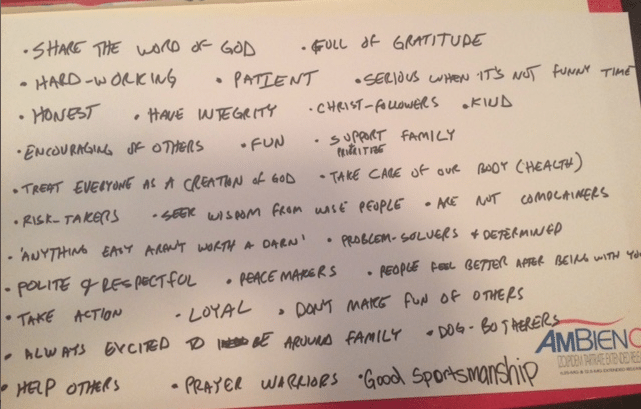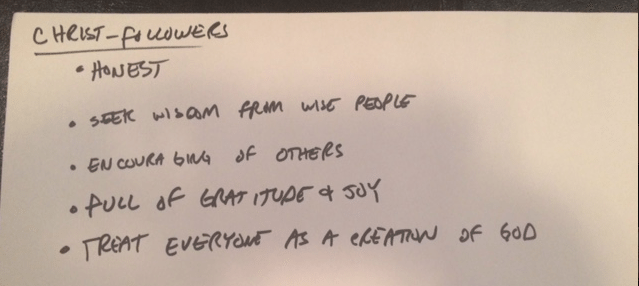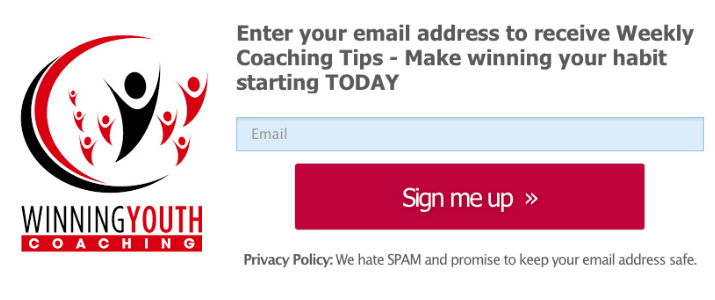June 24, 2016
Culture Eats Strategy for Lunch – Part 2: Who are we?


- Andres Montana – Learned from Bruce Brown at Proactive Coaching – Gather the coaches and 3 captains in preseason and define your Core Covenants – who are you going to be that season. Brainstorm by throwing words up on a board, then narrow it down to 2 or 3 that are going to define your team. Then you can order the livestrong-type bracelets that have those words on it. Check out Proactive Coaching’s guide to creating Core Covanants: First Steps to Building Successful Teams
- Ken Stuursma’s program core covenants – from Raising a modern day knight:
- Accept responsibility
- Lead courageously
- Reject passivity
- Expect a greater reward
- Chris Stricker’s program core covenants: CALI – Commitment, Accountability, Love, Integrity
- Drew Maddux has Manhood Mondays – every Monday during the season they have different coaches and players create a shield with 4 parts to share with the team
- Tell a childhood story that defined them
- Tell a recent story that defines them
- How does the public view them
- Who their private self is
- Rob Elwood’s team have 2 cornerstones:
- Gratitude – We thank our parents, the referees, our coaches, our teammates
- Be organized, everything has a place
- John O’Sullivan – Great teams don’t have rules – great teams have standards. Rules are meant to be broken – standards are expectations that the team agrees upon and holds each other accountable to.





